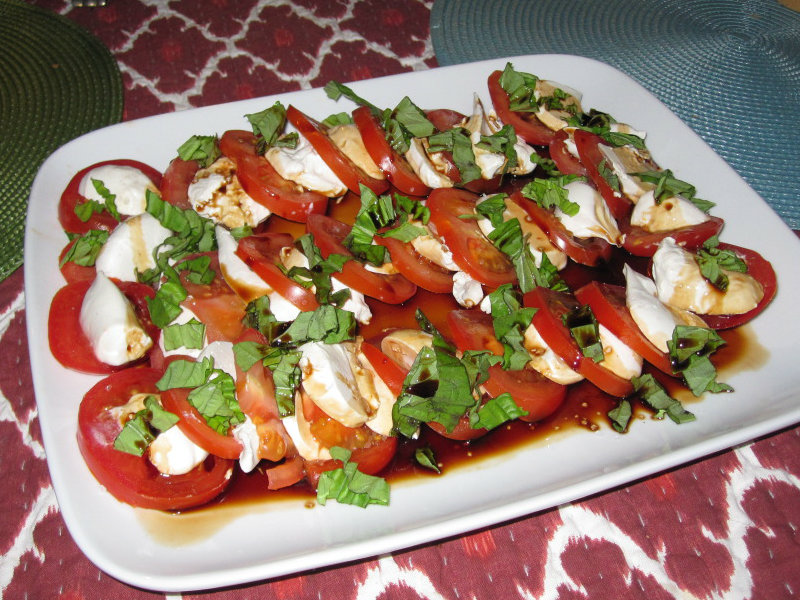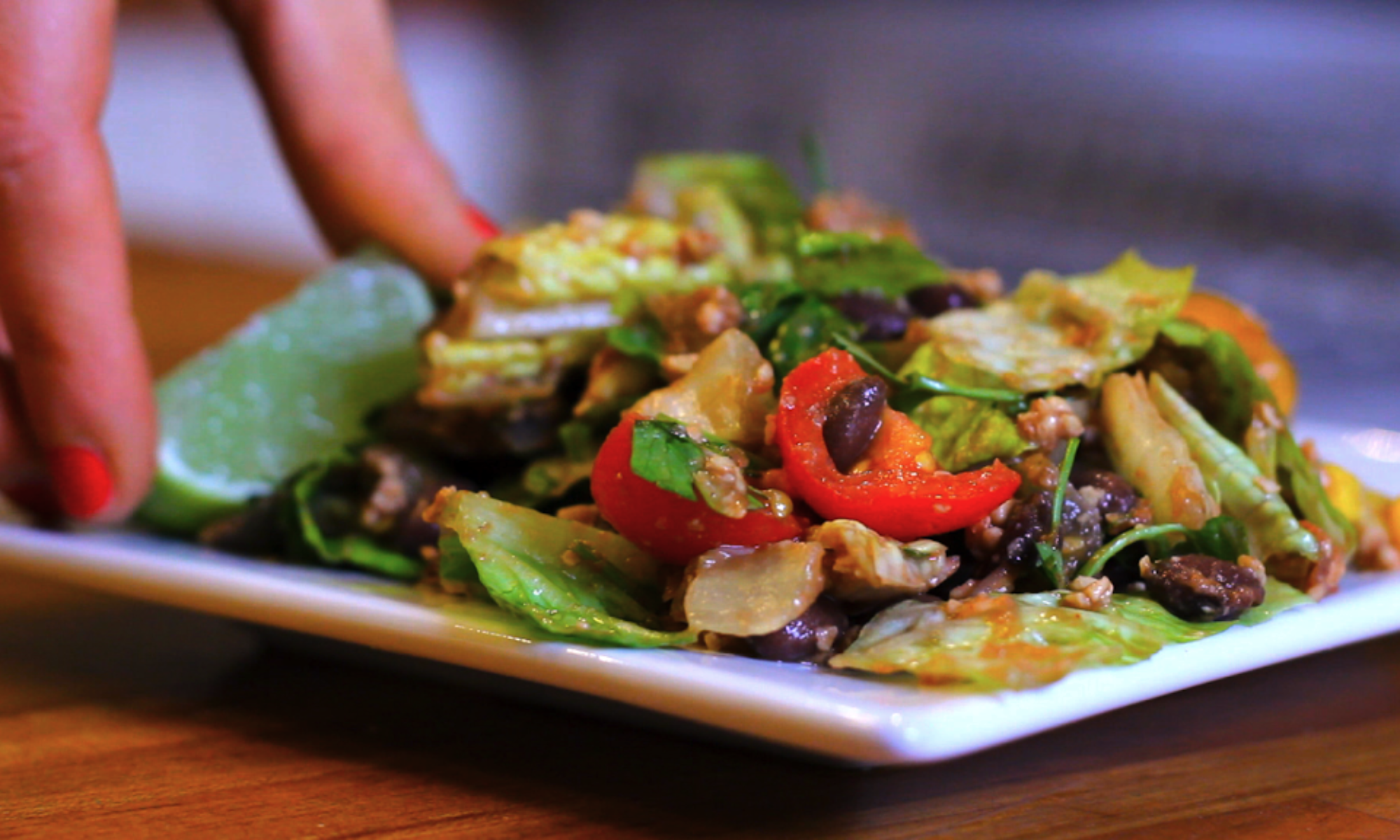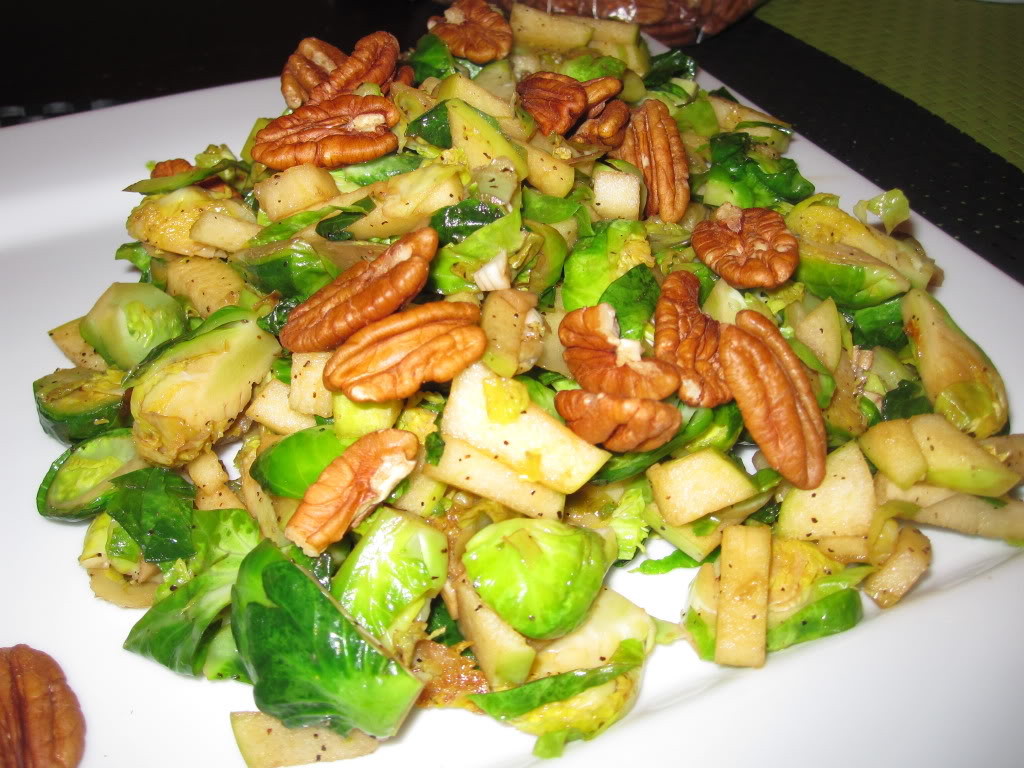
“I could never give up cheese.”
Based on the frequency that I hear this, I thought about making this post all about the reasons why you should stop eating cheese yesterday. I could have written about how detrimental animal cheese is to your health, delving into the link between dairy products and various types of cancer, including breast, ovarian and prostate. I could have discussed how dairy is actually really bad for your bones. After all, countries with the lowest rates of dairy consumption have the lowest rates of osteoporosis and that dairy has actually been singled out as the biggest cause of osteoporosis. I could have gone over the fact that a whopping 75% of the world’s population are genetically unable to digest dairy, yet we label this near universal human trait a defect and call it “lactose intolerance.” When we are babies all humans have an enzyme that allows us to digest our mother’s milk but we lose that enzyme between ages two and five because we are supposed to be weaned by then. Our bodies weren’t designed to be consuming milk into adulthood (not to mention the milk of another species!). I could also have also told you about how the veal industry is the byproduct of the dairy industry. In order to produce milk, cows–like humans–have to be pregnant and give birth. That means every glass of milk, every slice of cheese, and every scoop of ice cream is the product of a mother cow enduring a nine-month pregnancy only to have her baby immediately taken from her at birth so humans can consume her milk. If her baby is a male, he is slaughtered as veal. If her baby is a female, she is condemned to the same agonizing fate as her mother. To keep a dairy cow producing milk, she must constantly be pregnant, so just after her baby is torn away from her she is impregnated again. The painful cycle then repeats, year after year, until her body can give no more and she too is slaughtered.
But I’m not going to make this post about why you should give up cheese.
Instead, thanks to the brilliant book Artisan Vegan Cheese by Miyoko Schinner, I’ll simply tell you that you don’t have to give up cheese because you can make your own unbelievably delicious plant-based cheese. I have spent the past several weeks making eight different vegan cheeses from this book and, as a former dairy cheese lover myself, I am thoroughly impressed. Some of the recipes take a few minutes to prepare while others take a few weeks, even months, to culture but what consistently manifests are complex plant-based cheeses that are strikingly similar to their dairy counterparts. The first time I sampled the cashew-based mozzarella I was so startled at how similar it was to the dairy-based version that I had keep reminding myself that it was vegan and that I needn’t resist it. It was pretty wild.
Pictured above is a caprese salad with Schinner’s mozzarella recipe which I served during our at-home fancy date night this weekend. Below is a brie which I had out while our non-vegan friend was visiting from out of town. We all agreed it was a hit. It was creamy, fancy, and had that perfect melt-in-your-mouth texture. I’ve also got parmesan, provolone, gouda, two types of cheddar, American, and cream cheese in the works. (Click “read more” below for the recipe for American cheese.)


